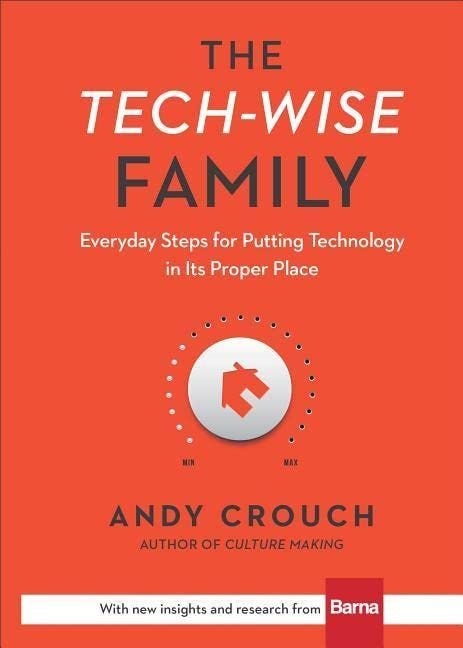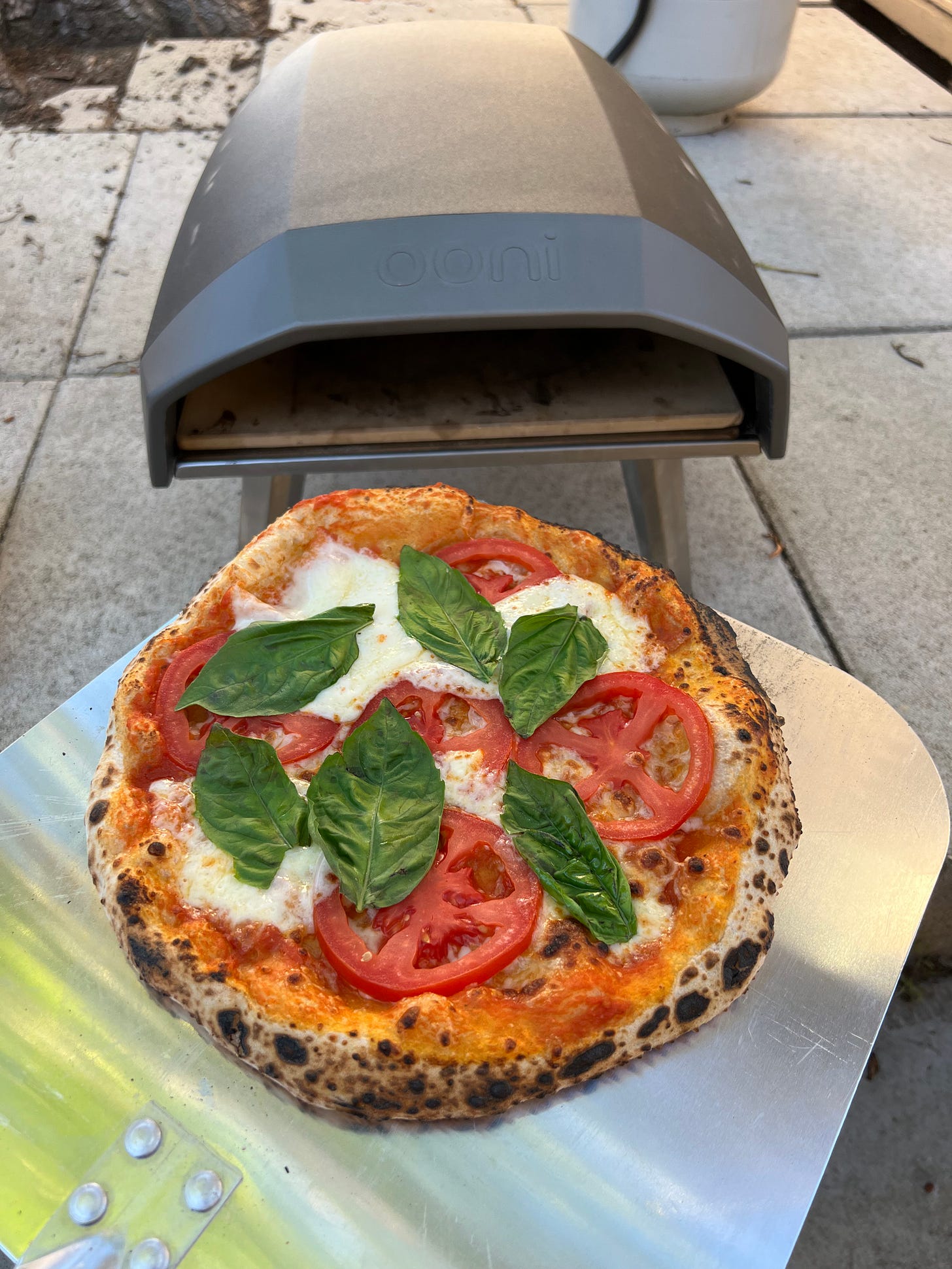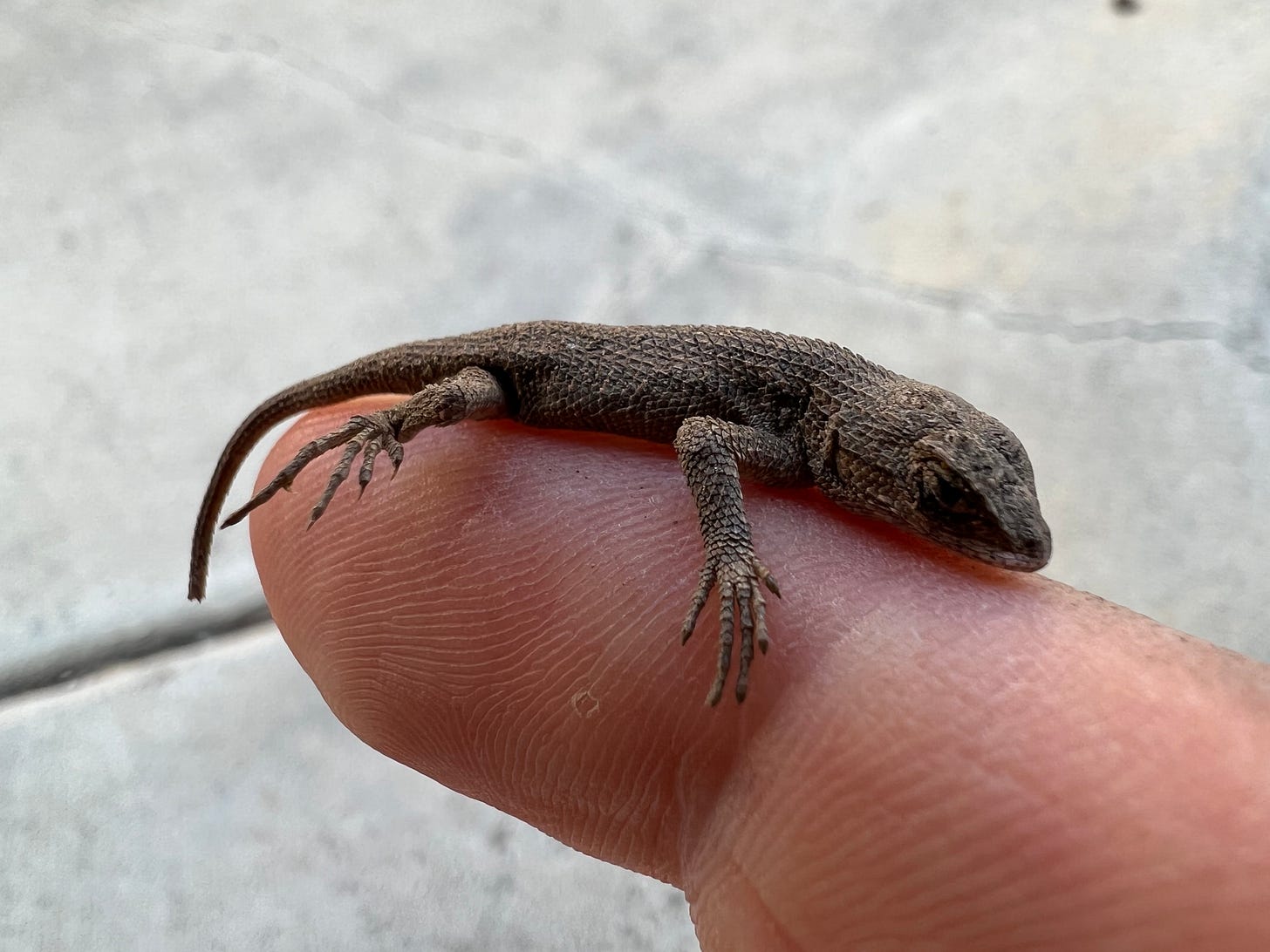Start Using Your Devices as Instruments
Reframing the way that we interact with our technology to promote intentionality

I know I’ve hit a goodcast when I start talking to myself as I’m listening. Listening to an interview with Andy Crouch this past week was one of those moments. What resonated most deeply with me was a question Andy used to frame our technology usage: are we using our technology as an instrument or as a device?
This reframe is helpful since it pushes us to consider the reason why we are using a particular technology.
As I’ve been reflecting on instruments, I’ve landed on two different types I am familiar with: musical and scientific instruments. In both cases, the way that we use these instruments expands our capabilities and deepens us without the negative side effects that often come with the way we use our devices. I think they can offer some ideas on how we might shift the way we use our digital devices to gain similar benefits.
Musical instruments are specialized and extend our human capabilities for creativity. They enable us to be more creative and expressive. Music also uniquely draws us together in community. Whether to perform together in an ensemble, enjoy a performance as part of an audience, or sing together in venues like church, the communal experience is much more than the sum of the individual parts.
The second type of instrument that came to mind were scientific instruments like microscopes or telescopes. These are specialized, carefully designed and engineered tools which, like musical instrument, expand our natural abilities. In the case of a microscope or telescope, it enables us to see world at a scale which is inaccessible to our eyes alone.
What if we thought about using our technology more like an instrument? I think that it ultimately starts with approaching our tech with intentionality: asking why are we using a particular technology and what we hope gain from it. If we don’t ask these questions, we are likely to get sucked in because the design of tools like our phones is to maximize our engagement. Crouch highlights this feature (flaw?) of our digital devices: they are designed to be hyper attentive to us which is attractive to our human nature to be paid attention to. They personalize their behavior to our preferences; suggesting movies or shows we might want to watch, places we might want to visit, or food we might want to try. Our devices will and change (and potentially warp) us – and if we aren’t careful, the changes may not be for our benefit but rather to benefit the corporations who make money off our engagement
But like nearly everything in life, there’s nuance and complexity here. Not all digital technology is bad and often technology can be good in some cases and harmful in others. In some ways videoconferencing tools like Zoom and FaceTime are a really poor substitutes for the alternative, like for taking in-person engineering lab classes where experiential learning is critically important. But in other scenarios, they enable long distance connection that would be otherwise impossible, connecting us with family and friends across distance and bringing us deeper together.
If any of this is intriguing to you, I strongly recommend that you take the time to listen to the conversation. I think you’ll find it a worthwhile use of your technology – just don’t get sucked into doomscrolling before or after you open your phone to tune in and listen.
The Book Nook
Staying on the theme of Andy Crouch, I just finished listening to his book The Tech-wise Family last week. This is a great read for any parent. In it, Crouch discusses what he calls the “easy everywhere” of technology and what we should do about it.
There are a few things I appreciated about this book.
Simple practices with an eye toward implementation: I was encouraged that the ideas Andy suggested in the book seemed feasible to implement even if they might be challenging because they run against the status quo. He does a good job of directing his readers towards deeper practices instead of just saying something like “stop using your phone so much!”
Research driven: For each chapter Andy highlights a few insights from the Barna group. This helps to ground the motivation for ideas he is suggesting.
Reality check: At the end of every chapter there is a short section called “Crouch Family Reality Check” where Andy gives an honest assessment of how faithful (or not) he and his family were in following the advice he gave. I found these to be very winsome and humble, helping me to see how the ideas Andy preaches work out in practice.
If you are a parent with kids still in the house, pick this book up. And like I suggested last week, find some like-minded folks to read it along with you. I’m convinced that our kids are going face challenges with technology in ways that we can’t even really understand now and so it’s important to develop healthy practices as a family as early on as possible. And even if you don’t share Andy’s Christian worldview or faith background, I think you nevertheless you will find some of his ideas helpful for drawing you into deeper life as an individual and family.
The Professor Is In
Version 2 of the board is in! After some testing everything seems to be working well and the mysterious pin tied to ground in v1 seems to be fixed. I’m wondering if somehow I didn’t have the trace tolerances right on what I sent to PCBWay to fabricate. At any rate, seems to be working well!
Most of the labs for this fall are updated and ready to go, but I’m experimenting with a new WiFi extension board (top right hand corner) that houses an ESP8266 (one of the most popular chips for IoT devices; if you have a smart lightbulb or thermostat it almost certainly has this chip or a very similar one). Hoping that it will help to make the WiFi lab that we run in E155 even a bit more seamless!
Leisure Line
A Margherita pie from the other week. Getting prepped for my New Haven pizza tour later this summer when we are on the east coast.
Still Life
Found this little guy out by our carport the other week. No scale bar, but that’s my index finger so you can get a sense of the scale. Again amazed by the macro mode on my iPhone!
Thought-provoking Tweets
A new section that I’m experimenting with. No promises that this will be an every-newsletter staple, but we’ll see how it goes!






